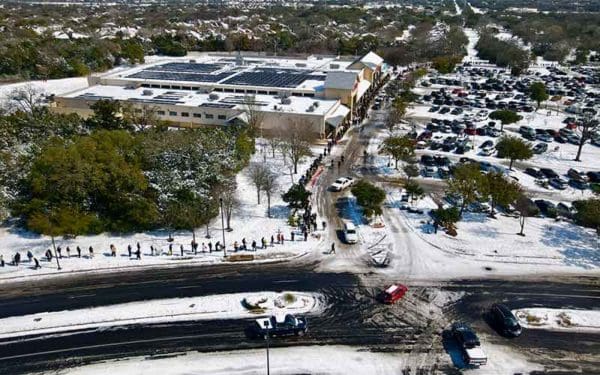Biden Administration Tackles Energy and More in New Infrastructure Plan
Biden’s infrastructure package represents a critical investment in our future, infusing much-needed funding to ramp up New England’s transition to a carbon-free economy by 2050.
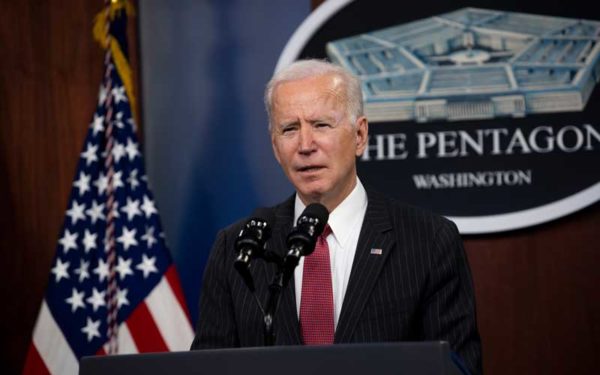
Biden’s infrastructure package represents a critical investment in our future, infusing much-needed funding to ramp up New England’s transition to a carbon-free economy by 2050.

“The last thing the asthma capital of the U.S. needs is a plant spewing air pollution and further imperiling public health,” said Caitlin Peale Sloan, Interim Director of CLF Massachusetts. “Springfield residents made their opposition to this polluting plant clear, and DEP officials have handed them a win today. The fact is that burning biomass is neither clean nor renewable and it should be left in the past with fossil fuels.”
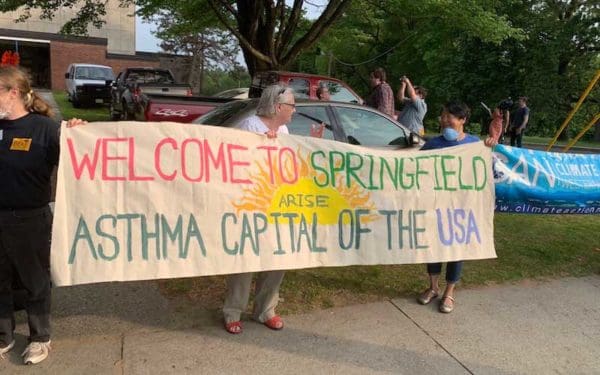
UPDATE: The Rhode Island legislature passed the Act On Climate 2021 bill, which will put the state on track to lowering its climate-damaging emissions and help Rhode Islanders benefit from the transition to a clean energy economy. After a final review, the bill will go to Governor McKee to sign into law.
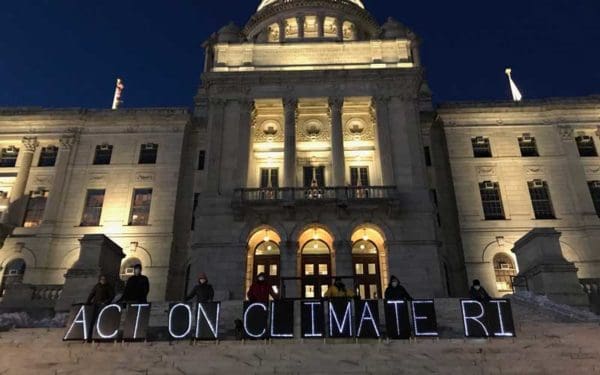
“After four years of Trump obstructing clean energy and promoting dirty fuels at every turn, President Biden’s focus on offshore wind comes not a moment too soon,” said Bradley Campbell, President of CLF. “Wind has the potential to power our homes, our green economy, and our transition away from polluting fossil fuels for good. However, projects must be responsibly sited to protect ocean life as well. Today’s announcement should be a boon to New England’s nascent wind industry and a strong start to the administration’s pledge to have a zero-emission grid by 2035.”
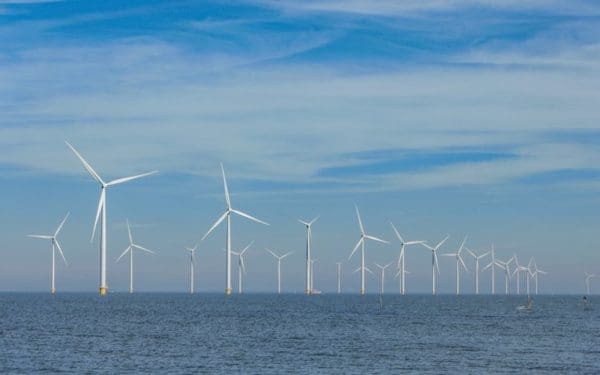
After years of advocacy from CLF and our partners, Massachusetts has passed a critical climate and environmental justice bill that updates our existing climate law and adds protections for historically marginalized communities.
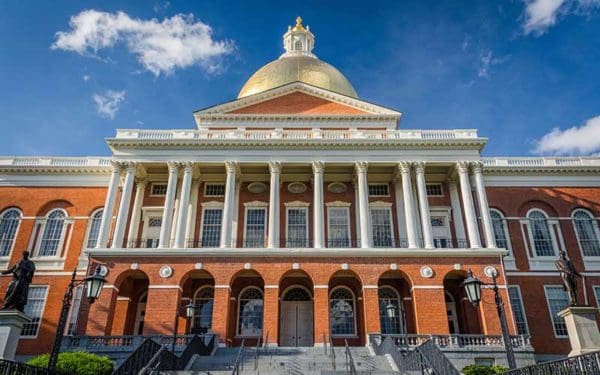
“Both the House and Senate clearly recognize that we are running out of time to confront the climate crisis,” said CLF attorney James Crowley. “We must prioritize slashing polluting emissions and protecting frontline communities from the impacts of climate change, and this bill will hold Rhode Island accountable for doing both. Now we need Governor McKee to sign this bill into law so we can get to work.”
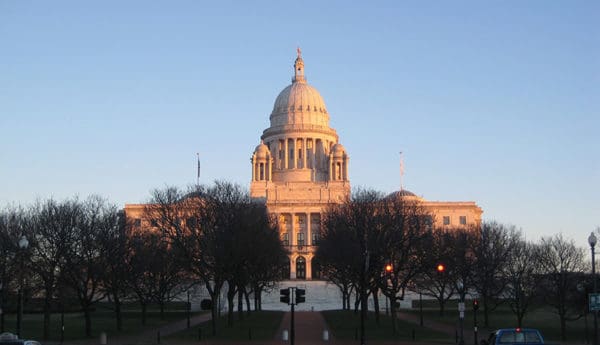
The heart of environmental justice is ensuring that we all have equal access to power when it comes to decisions that directly affect our lives. CLF connected with two of our Massachusetts-based partners to talk about their vision for a community where residents feel empowered to shape the future, and what it would mean for environmental and climate protections to be just.

For decades, low-income, immigrant, and communities of color across New England have been overburdened by air pollution from power plants, congested highways, and industrial facilities. CLF connected with two of our Massachusetts-based partners to discuss what needs to change to relieve these burdens and how racism contributes to environmental justice inequities.
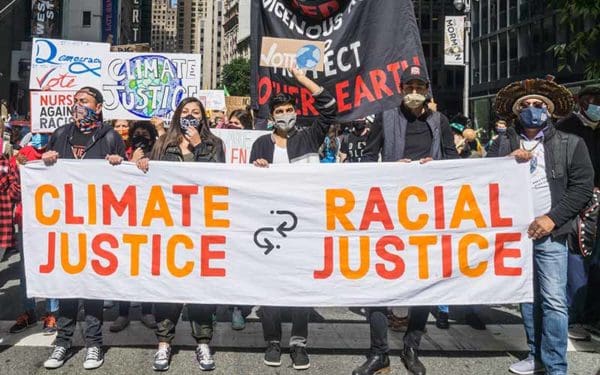
Any plan to lower emissions in Massachusetts must not only consider how to cut the largest sources of carbon pollution – for the Commonwealth, that’s transportation and heating – but also how to ensure all residents have equal access to its solutions.
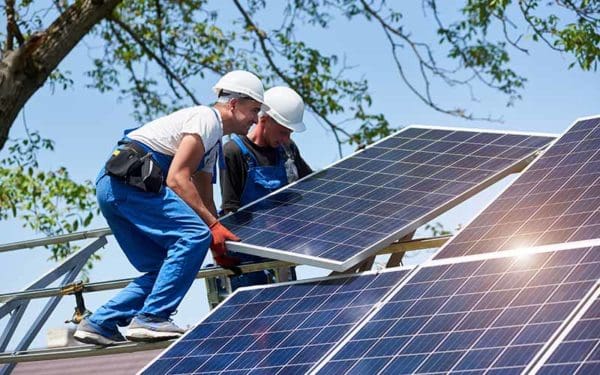
New England is no stranger to ice storms, of course, and the Texas power grid is very different from ours. But we can still heed lessons from the Texas crisis – especially as we look at the future pressures our grid will face because of our changing climate.
